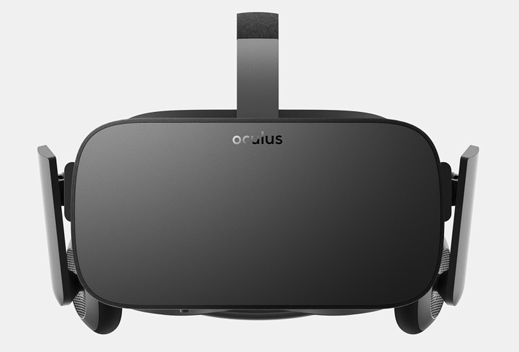Oculus Rift Gets a Price Tag: $599
Facebook-owned Oculus announced Wednesday that it’s selling its first consumer virtual-reality headset, Rift, for $599. For some buyers the price tag will be just a portion of the overall price, though, as you may need to shell out for a powerful PC to which it will be tethered.

The virtual-reality market is still small, but it’s growing quickly with companies like Oculus and HTC releasing powerful consumer headsets in the coming months. As the first of these slated to hit the market this year, the Rift’s price could help influence how other companies will sell theirs.
Oculus started letting people preorder the device through its website on Wednesday as well; it won’t start shipping to buyers until March 28. Oculus also said it will sell Rift through some retailers in April.
Starting in February, Oculus will let people preorder a Rift headset along with a PC that will work with it; these will start at $1,499.
The Rift comes with an Xbox One wireless controller, as well as a remote control and a game called Lucky’s Tale (those who preorder it get an additional game as well). Oculus said its Oculus Studios will roll out over 20 games for the device this year, including a version of the music game Rock Band.
Keep Reading
Most Popular
Large language models can do jaw-dropping things. But nobody knows exactly why.
And that's a problem. Figuring it out is one of the biggest scientific puzzles of our time and a crucial step towards controlling more powerful future models.
The problem with plug-in hybrids? Their drivers.
Plug-in hybrids are often sold as a transition to EVs, but new data from Europe shows we’re still underestimating the emissions they produce.
Google DeepMind’s new generative model makes Super Mario–like games from scratch
Genie learns how to control games by watching hours and hours of video. It could help train next-gen robots too.
How scientists traced a mysterious covid case back to six toilets
When wastewater surveillance turns into a hunt for a single infected individual, the ethics get tricky.
Stay connected
Get the latest updates from
MIT Technology Review
Discover special offers, top stories, upcoming events, and more.